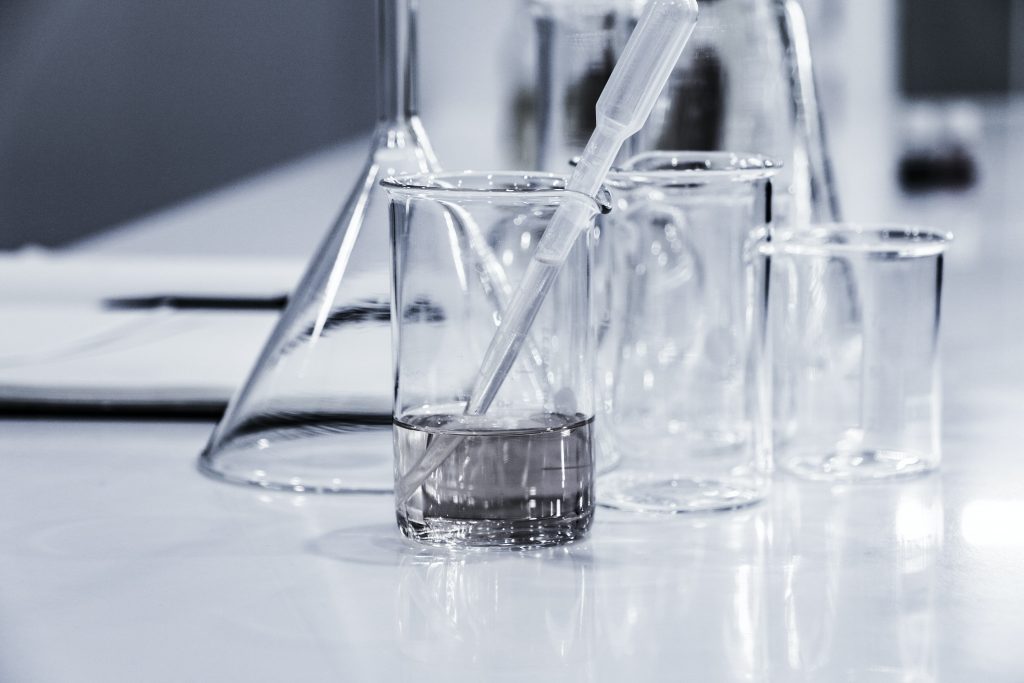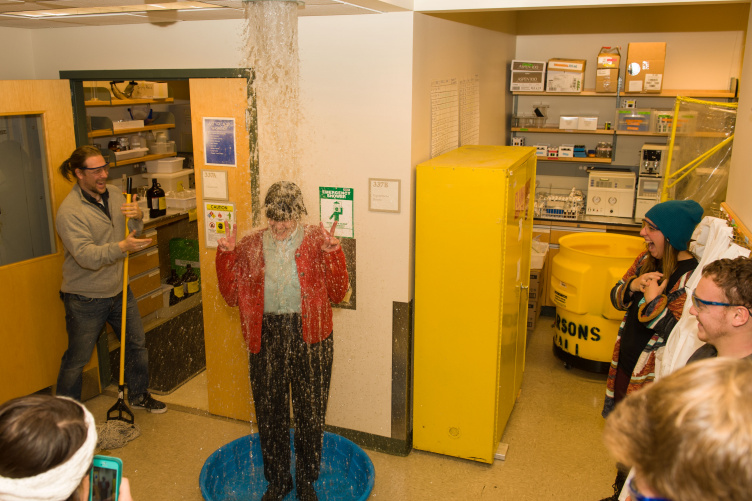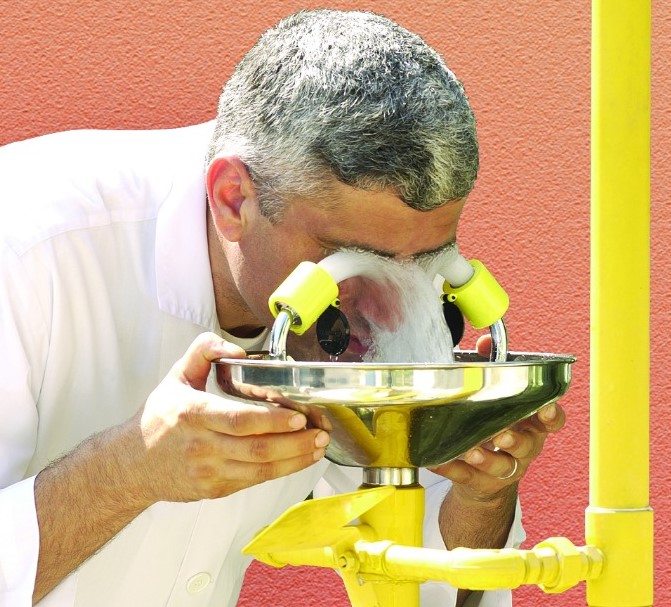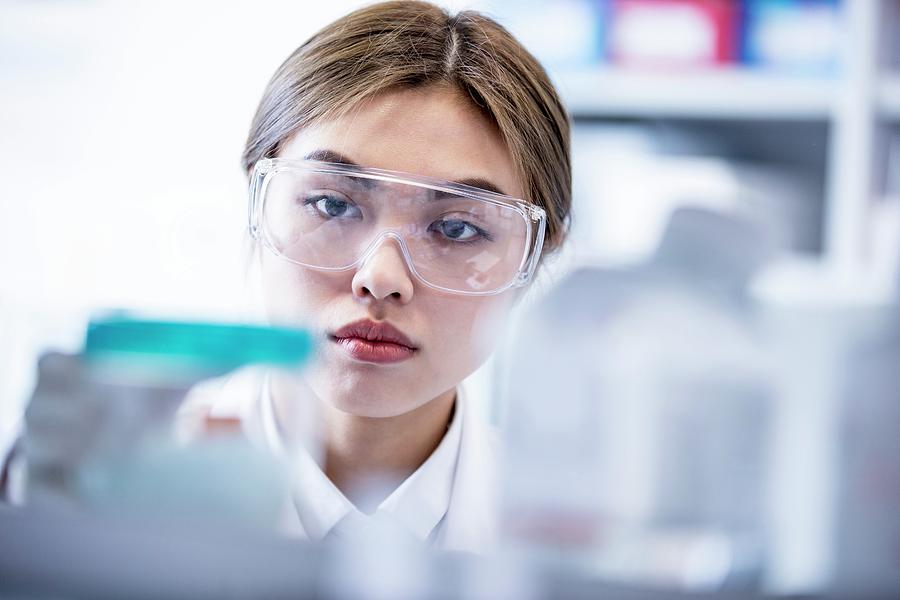
Daily cleaning up
It has always been an optimal idea to keep the working environment clean, making it more convenient and effective to conduct any lab operations. Making a checklist of laboratory items and cleaning methods to remind staff about proper cleaning procedures with the risks of damages incremented to the lowest level. This should be taken out daily with catering and cleaning countertops, sweeping floors, and sanitising the most common touchpoints of the lab. Moreover, lab personnel should always keep an eye on lab equipment that has to work with hazardous chemicals on a daily basis like perchloric fume hood Malaysia labs often have to work with corrosive and vaporizable chemicals like acids.
Regular checks up on personal protective equipment
It is paramount that the lab personnel regularly check the protective equipment in terms of functions, durability, and small defects. Making sure that all protective items are in optimal conditions prior to any experiments is vital, no matter the operation scale and size.
Restocking handwashing stations
Contamination is the worst nightmare for any lab personnel as it will profoundly affect the overall results and cause unnecessary dangers to the staff. Having all handwashing facilities like the sink clean and unclogged will facilitate smooth operation. Make sure to locate these stations well-distributed across the laboratory.
Maintain emergency stations


Emergency eyewash and shower stations must always be functions to reduce the risks of personnel permanent and temporary damages. These stations must be maintained and restocked precisely to the industry standards. Additionally, lab staff should also spend time activating components in all stations several times a week to ensure proper operation. It is encouraged to have these stations inspected by a qualified technician.
Inventory the contents of refrigerators and freezers
Maintaining an inventory of any items that require storage in low temperatures in refrigerators and freezers is vital. Also make sure that each container has a clear information note that provides people with basic information about the content’s origin, handling instructions and expiration dates. Conduct inspections and disposal of expired items and restocking of new items routinely.
Use proper glass cleaning techniques
Lab glassware might be the most fragile set of items within the workplace, thus, having a clear and gentle is most welcome. For example, a lab washer-disinfector that has a hot-air drying option will be most suitable to take on routine glassware cleaning. Moreover, lab operators should also make sure that the staff know about different manual cleaning techniques for each glassware like beakers, flasks, pipettes, and funnels.
Broken glass disposal
Set up specific disposal bins for each type of waste, like broken glass. Designate a rubbish bin for broken glassware and sharp-edged items, and leave it where all staff can easily reach. Lab personnel must not let the bin reach its maximum capacity, make sure to change, clean, and replace the bin before that. The recommended limit before disposing of the contents is the bin half-filled.
